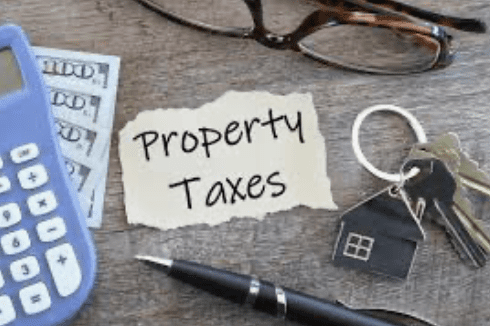Toronto’s real estate market continues to evolve, and as of 2025, several key government measures are shaping how properties are bought, sold, and lived in across our city. For homeowners and buyers in historic neighbourhoods like Cabbagetown and Rosedale, understanding these changes is essential.
These policies aim to address affordability, discourage vacant housing, and limit speculative investment—but they also bring real consequences for local property values, sales, and ownership strategies.
The Non-Resident Speculation Tax (NRST)
Ontario has tightened its rules for non-resident buyers:
- Tax Rate: The NRST was increased to 25% (effective October 25, 2022).
- Who Pays: Any buyer who is not a Canadian citizen or permanent resident (including foreign corporations) purchasing residential property with 1–6 units.
- Toronto’s Extra Layer: Starting January 1, 2025, Toronto has added its own 10% municipal NRST on top of the provincial one.
Impact for Rosedale & Cabbagetown:
While foreign buyers make up a relatively small percentage of Toronto’s purchasers, luxury neighbourhoods like Rosedale—and even unique character homes in Cabbagetown—are often sought by international clients. These added taxes may reduce foreign demand, shifting the market more toward local buyers.
The Federal Foreign Buyer Ban
The federal ban on non-resident home purchases has been extended until January 1, 2027.
- Who’s Restricted: Non-Canadians without permanent residency or citizenship.
- What’s Covered: All residential properties, except:
- Multi-unit buildings with 4+ dwellings (e.g., apartment buildings).
- Properties outside Census Metropolitan Areas.
- Exceptions: Students, work permit holders, refugees, and those buying with a Canadian spouse may still qualify under certain conditions.
Impact Locally:
Rosedale’s large detached homes and Cabbagetown’s Victorian houses often attract global interest, particularly from executives and investors. This extended ban could temporarily limit that demand, putting more emphasis on domestic buyers already living in Toronto.
Toronto’s Vacant Home Tax
To discourage empty homes, Toronto introduced a Vacant Home Tax, now at 3% of the property’s value assessment as of January 2025.
- Annual Declaration Required: Every homeowner must declare occupancy status, even if exempt.
- Who Pays: Properties vacant more than 6 months in a calendar year, unless covered by exemptions (death of owner, renovations, medical care, etc.).
- Other Cities’ Rates: Ottawa (1–5%), Hamilton (1%), Windsor (3%).
Why It Matters Here:
In sought-after areas like Rosedale and Cabbagetown, some properties have historically been held as investments or secondary residences. The tax encourages owners to rent them out or sell—potentially increasing supply and stabilizing the local market.
The Federal Underused Housing Tax (UHT)
On top of Toronto’s Vacant Home Tax, the federal government imposes a 1% Underused Housing Tax on properties owned by non-residents and certain corporations.
- Annual Filing Required: Even if exempt, owners must file with CRA.
- Penalties for Non-Compliance: Minimum $5,000 for individuals, $10,000 for corporations.
This is particularly important for families with international ties who may co-own property in Toronto but live abroad.
What This Means for Cabbagetown & Rosedale
- Local Buyers Have More Leverage: With international buyers facing higher costs and restrictions, local families and professionals may find less competition for historic homes.
- Expect More Rentals: Vacant Home Penalties Could Push Investors to Place Properties on the Rental Market, Possibly Easing Toronto’s Rental Squeeze.
- Watch Property Values: While these measures are designed to improve affordability, they could also create short-term downward pressure on values at the higher end of the market.
- Compliance Is Crucial: Homeowners must file declarations and stay on top of tax rules to avoid costly penalties.
Final Thoughts
Toronto’s real estate rules in 2025 are complex, and their impact will vary from neighbourhood to neighbourhood. For Cabbagetown and Rosedale residents, the key takeaway is this: every property must be declared, every buyer must understand their eligibility, and every homeowner should plan strategically.



